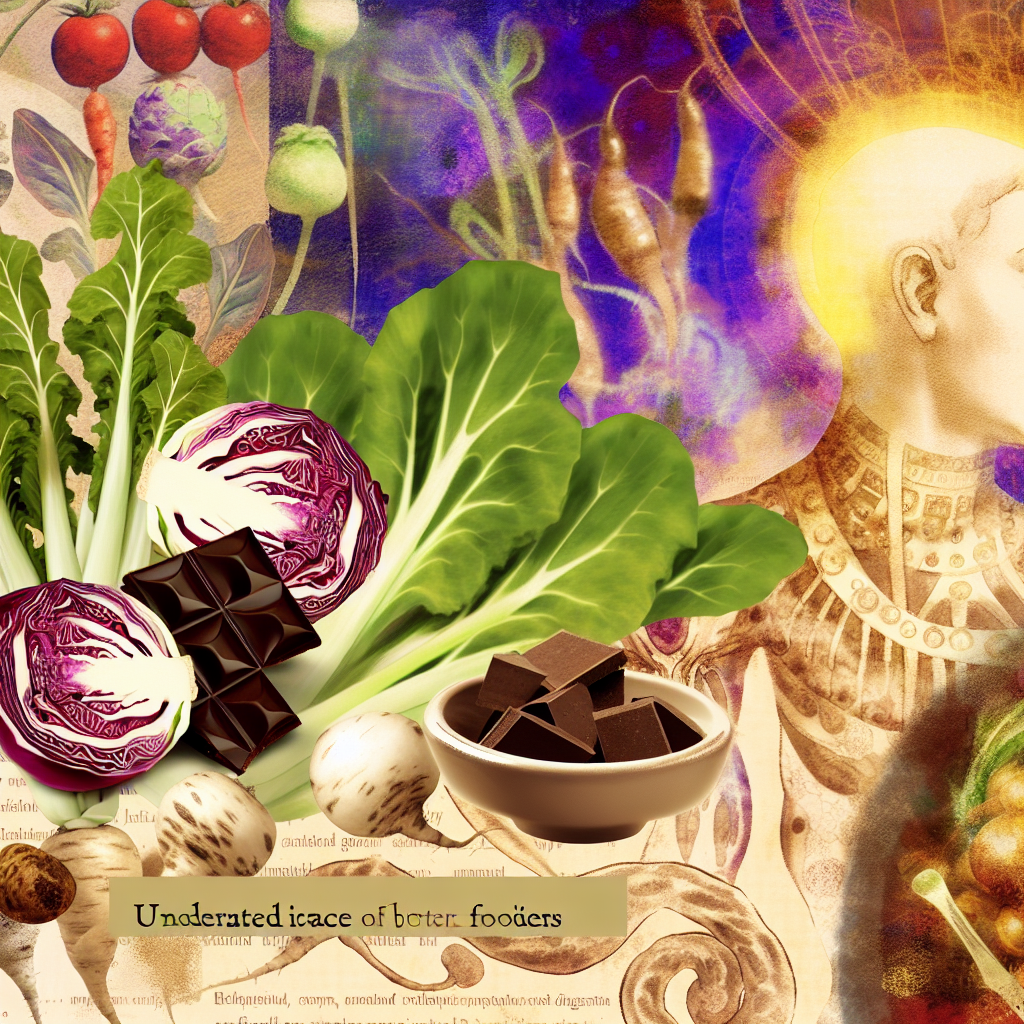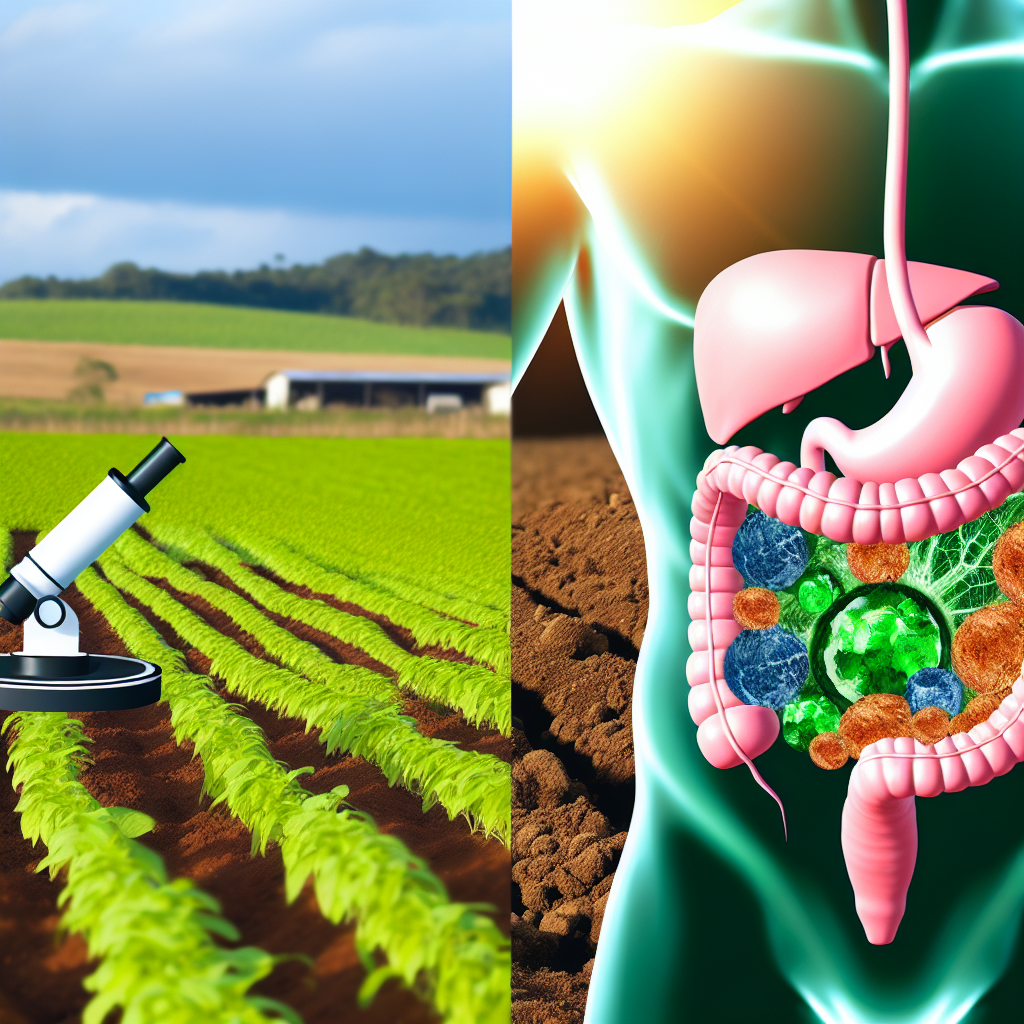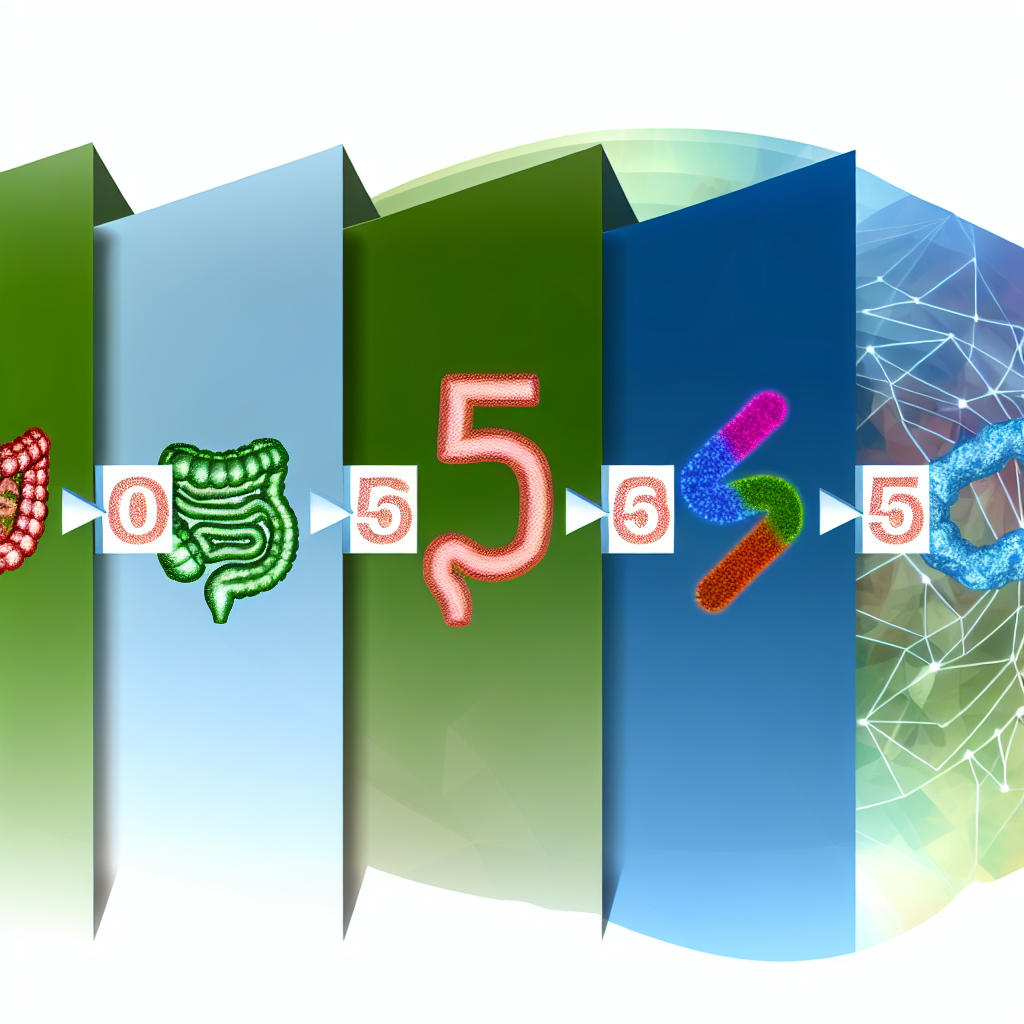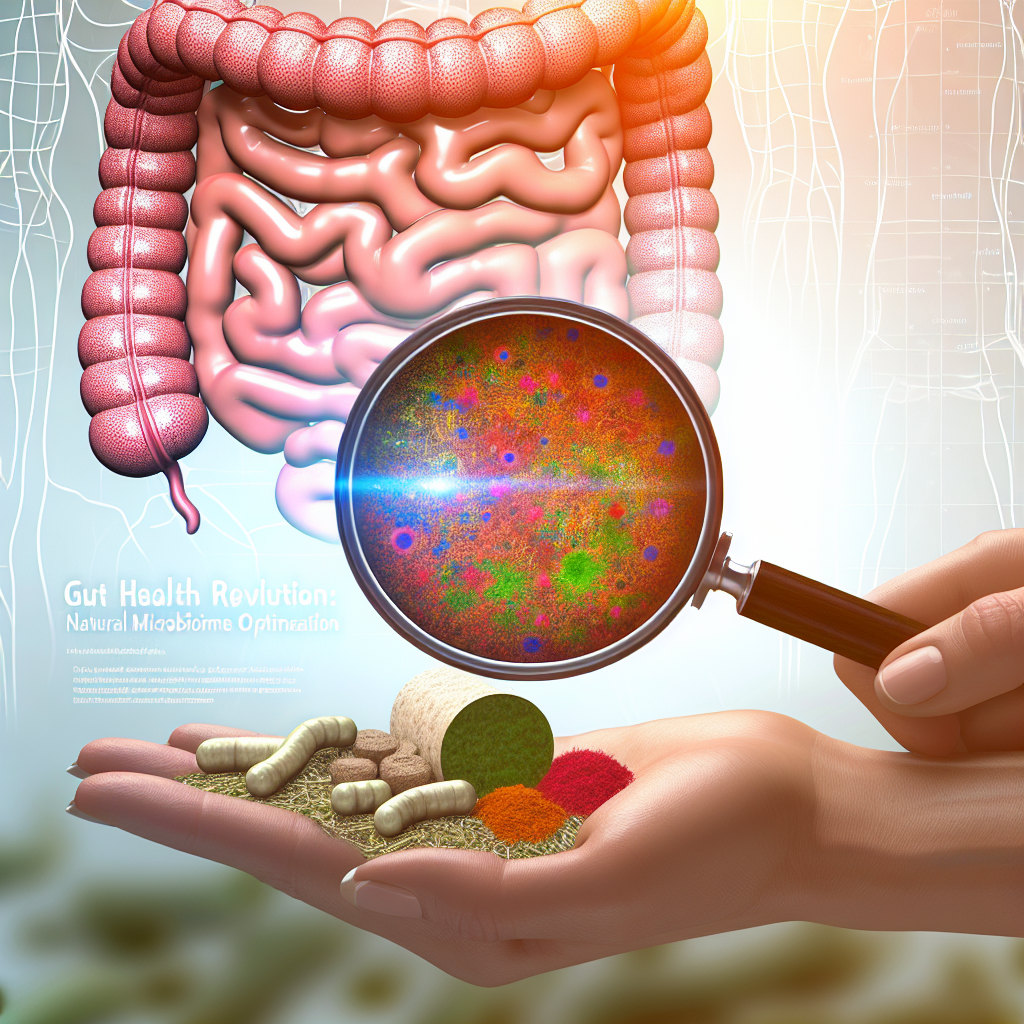Bitter Foods Renaissance: How Forgotten Flavors Revitalize Digestive Health
Introduction: Rediscovering the Power of Bitter Foods
In an era dominated by sweet and salty flavors, the critical role of bitter foods in digestive health has largely been overlooked. Historically, many cultures embraced bitter foods not only for their flavor but also for their medicinal benefits. However, as processed foods and sugar-laden diets became the norm, bitter flavors were pushed aside, leading to digestive issues, weakened gut health, and metabolic imbalances.
The human body is wired to recognize and respond to bitter compounds. Our ancestors regularly consumed bitter plants, herbs, and roots, which aided digestion, detoxification, and appetite regulation. Bitterness is more than just a taste—it is a powerful health catalyst. Bitter foods stimulate digestive enzymes, enhance nutrient absorption, promote liver function, and even regulate blood sugar levels. From leafy greens and citrus peels to medicinal herbs like dandelion root and gentian, the benefits of bitter flavors are as diverse as they are essential.
Several conditions, such as bloating, acid reflux, sluggish digestion, and even obesity, can be traced back to diets lacking bitter components. Without enough bitter compounds in our meals, our digestive system becomes inefficient, sluggish, and prone to disorders. The Western diet’s shift towards heavily processed, sweet, and fat-laden foods has resulted in an alarming rise in conditions like irritable bowel syndrome (IBS), leaky gut, and sluggish liver function.
Fortunately, there is a renewed interest in rekindling bitter foods as a way to combat these health issues naturally. Modern research acknowledges the power of bitters in stimulating gastric juices, balancing gut flora, and supporting overall digestive wellness. Herbal bitter tonics, tea blends, and whole foods like arugula, radicchio, and bitter melon are making a comeback in functional nutrition. Today, holistic practitioners, dietitians, and naturopaths advocate for reintroducing bitter foods to restore digestive balance naturally.
For those looking to improve their digestive health, embracing the bitterness renaissance could be the missing piece of the puzzle. This article explores the science behind bitter foods and their resurgence in medicine, showcasing how they can rehabilitate digestion and promote holistic well-being.
Scientific Insights: How Bitter Foods Boost Digestive Health
Research has confirmed what traditional medicine has long understood—bitter foods play a critical role in digestive health. Studies suggest that consuming bitter foods stimulates the vagus nerve, which enhances the production of digestive enzymes, bile, and hydrochloric acid, all necessary for efficient digestion.
Bitter Taste Receptors: A Gateway to Better Digestion
A study published in the journal *Frontiers in Physiology* (2018) highlighted how bitter taste receptors (T2R) are not merely for taste perception but also exist in the gastrointestinal tract. These receptors, when activated by bitter compounds, prompt the stomach to secrete digestive juices, ensuring smoother digestion and nutrient absorption [(Janssen et al., 2018)](https://www.frontiersin.org/articles/10.3389/fphys.2018.01736/full).
Liver Support and Detoxification with Bitter Herbs
Another study in *Biochemical Pharmacology* (2020) explored the liver-benefiting effects of bitter herbs such as gentian and dandelion root. Researchers found that bitter compounds in these plants enhanced bile production, which in turn facilitated fat digestion and improved toxin elimination from the body [(Klein et al., 2020)](https://www.sciencedirect.com/science/article/abs/pii/S0006295220302311).
Appetite Regulation and Metabolism Boosting Benefits
Research in *The American Journal of Clinical Nutrition* (2019) examined the role of bitter foods in appetite regulation and weight management. The study concluded that bitter compounds, particularly those in cruciferous vegetables and bitter melon, could help regulate blood sugar and reduce cravings for processed, high-calorie foods [(Hoffman et al., 2019)](https://academic.oup.com/ajcn/article/110/5/1032/5557924).
Gut Microbiome Balance through Bitter Foods
Holistic health practitioners often recommend bitter compounds to support gut microbiota. A study in *Gut Microbes* (2021) found that incorporating bitter foods into diets helps balance gut bacteria by reducing pathogenic overgrowth and fostering beneficial microorganisms, essential for gut integrity and immune function [(Zhong et al., 2021)](https://www.tandfonline.com/doi/full/10.1080/19490976.2021.1897193).
These findings clearly highlight the vast potential of bitter foods in improving digestion, supporting metabolic health, and maintaining a balanced microbiome. From digestive bitters to whole plant sources, medical evidence continues to validate the critical role of these forgotten flavors in overall well-being.
Bringing Back Bitter: How to Reintroduce These Foods into Your Diet
With the wealth of scientific evidence supporting bitter foods, the next step is practical implementation. Here are some easy ways to reintegrate bitter flavors into your daily diet:
✔ **Incorporate More Bitter Greens** – Add arugula, dandelion greens, radicchio, and mustard greens to salads and meals.
✔ **Try Bitter Tinctures and Herbal Tonics** – Many herbalists create digestive bitters made from gentian root, angelica, and wormwood. A few drops before meals can aid digestion.
✔ **Use Citrus Peels in Cooking** – Orange and lemon peels contain beneficial bitter compounds that support gut health.
✔ **Experiment with Bitter Melon** – This vegetable is known for balancing blood sugar and enhancing digestive function.
✔ **Drink Bitter Herbal Teas** – Dandelion root, chamomile, and gentian-infused teas support liver function and digestion.
By making small dietary changes, anyone can experience the benefits of bitter foods and restore digestive health naturally.
Conclusion: The Bitter Truth for a Healthier Gut
The return of bitter foods marks a renaissance in natural digestive health. Modern science now supports the wisdom of traditional medicine, showing that bitter compounds promote digestive enzyme release, liver detoxification, blood sugar stability, and a balanced gut microbiome. As processed, sweet, and fatty foods continue to dominate modern diets, digestive disorders have become increasingly prevalent. But by reintroducing bitter foods such as arugula, dandelion greens, bitter melon, and herbal bitters, individuals can restore a healthier, more efficient digestion process.
Understanding the science behind bitter foods empowers individuals to make intentional dietary choices that benefit long-term health. Whether through whole foods, tinctures, or bitter-infused teas, embracing bitterness could be the key to unlocking better digestion, enhanced metabolism, and holistic wellness. As interest in natural healing resurges, incorporating bitter flavors may not only be a revival of ancient wisdom but also a crucial step toward optimizing modern health.
**Summary:**
This article explores the growing resurgence of bitter foods and their critical role in supporting digestive health. It delves into the scientific research demonstrating how bitter compounds stimulate digestive enzymes, promote liver function, regulate appetite, and balance the gut microbiome. By providing practical tips to reintroduce bitter flavors into the diet, the article empowers readers to embrace this forgotten, yet essential, aspect of holistic nutrition and wellness.
**References:**
1. Janssen, S., Depoortere, I. (2018). “Nutrient sensing in the gut: new roads to therapeutics?” *Frontiers in Physiology*. Retrieved from [https://www.frontiersin.org/articles/10.3389/fphys.2018.01736/full](https://www.frontiersin.org/articles/10.3389/fphys.2018.01736/full)
2. Klein, A.V., Kiat, H. (2020). “Detox diets for toxin elimination and weight management: a critical review of the evidence.” *Biochemical Pharmacology*. Retrieved from [https://www.sciencedirect.com/science/article/abs/pii/S0006295220302311](https://www.sciencedirect.com/science/article/abs/pii/S0006295220302311)
3. Hoffman, N.J., et al. (2019). “Bitter taste receptors and appetite regulation.” *The American Journal of Clinical Nutrition*. Retrieved from [https://academic.oup.com/ajcn/article/110/5/1032/5557924](https://academic.oup.com/ajcn/article/110/5/1032/5557924)
4. Zhong, Z., et al. (2021). “Gut microbiota and bitter taste signaling: Implications for precision nutrition.” *Gut Microbes*. Retrieved from [https://www.tandfonline.com/doi/full/10.1080/19490976.2021.1897193](https://www.tandfonline.com/doi/full/10.1080/19490976.2021.1897193)

Dominic E. is a passionate filmmaker navigating the exciting intersection of art and science. By day, he delves into the complexities of the human body as a full-time medical writer, meticulously translating intricate medical concepts into accessible and engaging narratives. By night, he explores the boundless realm of cinematic storytelling, crafting narratives that evoke emotion and challenge perspectives.
Film Student and Full-time Medical Writer for ContentVendor.com



